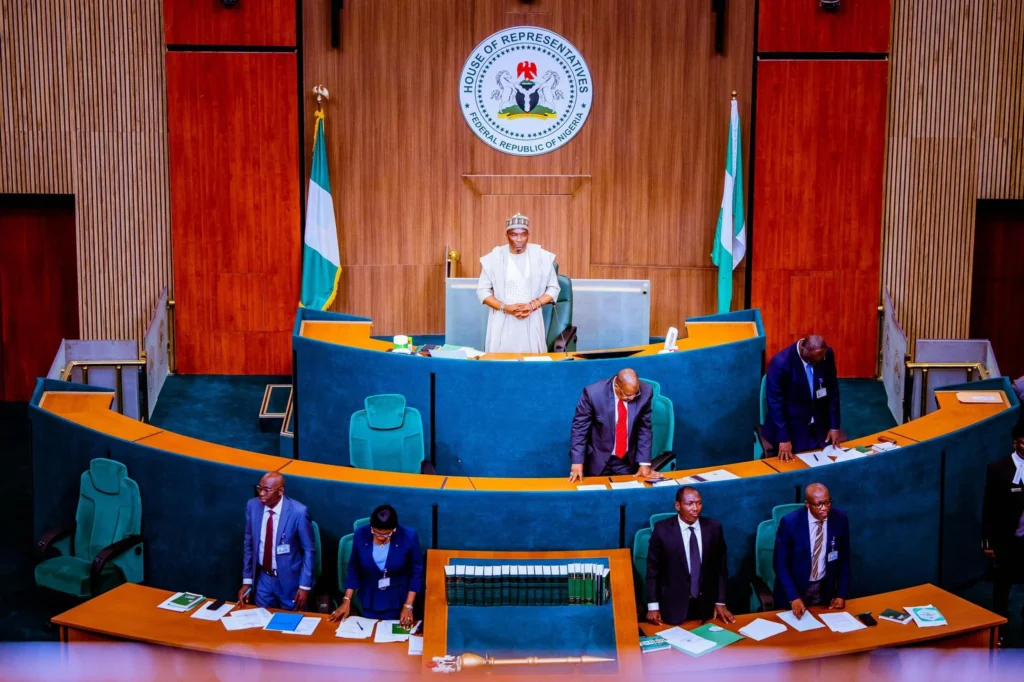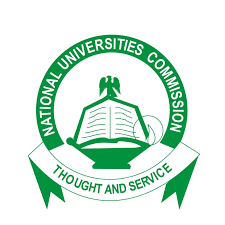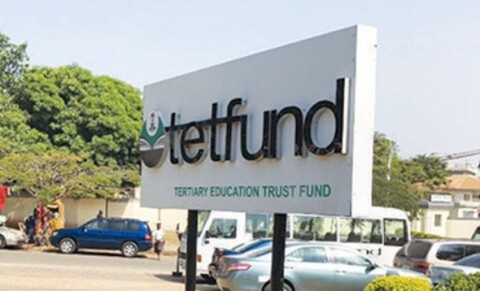A new bill seeking to prohibit public and civil servants and their immediate family members from patronising private schools and health care services has been introduced in the House of Representatives.
Titled the Private Institutions and Health Care Service Providers (Prohibition) Bill, 2025 (HB.2487), the legislation is sponsored by Hon. Amobi Godwin Ogah (LP, Abia) and passed its first reading on Tuesday.
According to Ogah, the proposed law aims to eliminate conflicts of interest, restore public confidence, and improve the standards of public education and health care institutions across Nigeria.
Speaking at a press briefing, Ogah emphasized the urgent need to reverse the trend where top public officials routinely shun public services in favour of private institutions or foreign options—practices that he says undermine national development.
He cited Nigeria’s founding leaders as examples of those who embraced public education. “Sir Ahmadu Bello attended Sokoto Provincial School and Katsina Training College, now Barewa College. Nnamdi Azikiwe went to Holy Trinity College and Christ Church School in Onitsha. Chief Obafemi Awolowo and Alhaji Tafawa Balewa were also products of public and mission schools,” Ogah noted.
He criticised the growing dependence on private and foreign institutions by government officials, calling it “an unwholesome trend” that has weakened the quality and integrity of public services.
Ogah also shared alarming statistics highlighting Nigeria’s foreign spending on health and education. He pointed out that in 2024 alone, over $38 million was spent on foreign education between January and March, while $218.87 million was spent in 2023. In the health sector, Nigerians reportedly spent $1.6 trillion Naira annually on medical tourism, with at least $29.29 billion spent on foreign medical treatment during President Muhammadu Buhari’s eight-year tenure.
“Despite allocating N1.336 trillion to health care in the 2024 budget, we still witness public officials flying abroad for treatment,” he lamented. “This bill seeks to end the double standard. If we can remove fuel subsidy for the sake of national interest, we must also make sacrifices in education and health.”
The lawmaker, who chairs the House Committee on HIV/AIDS, Malaria, and Tuberculosis, stressed that compelling public officials to use government hospitals and schools would drive needed reforms and funding to those sectors.
“Our institutions have become mere shadows of what they once were—dilapidated, underfunded, and overlooked. This bill aims to restore confidence in public facilities and push for real development,” he said.
He concluded with a rallying call for public support: “Let us begin a new consciousness. Let us promote patriotism. Let us commit to rebuilding our public institutions, not abandoning them.”
The bill’s progress through subsequent readings will likely spark nationwide debate over its feasibility, implementation, and potential impact on Nigeria’s public service landscape.





